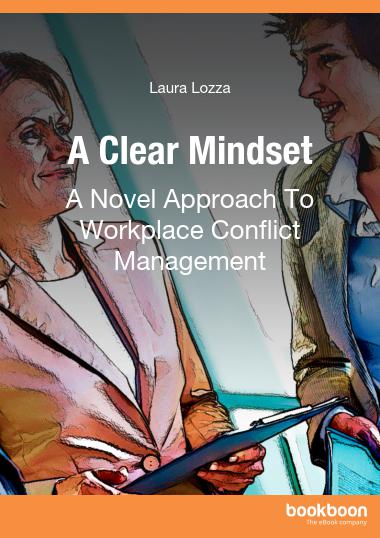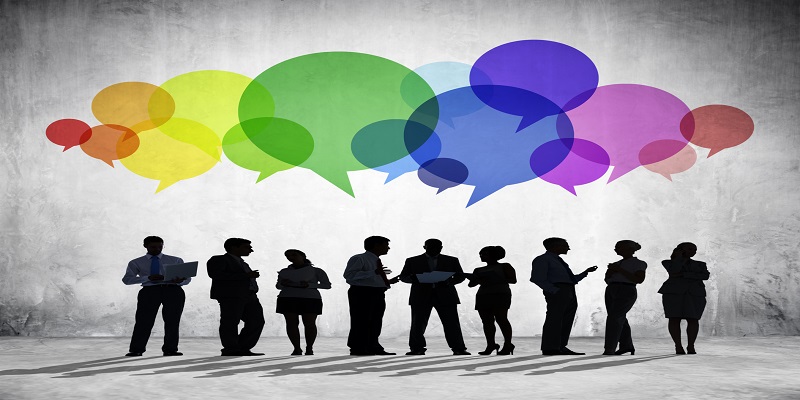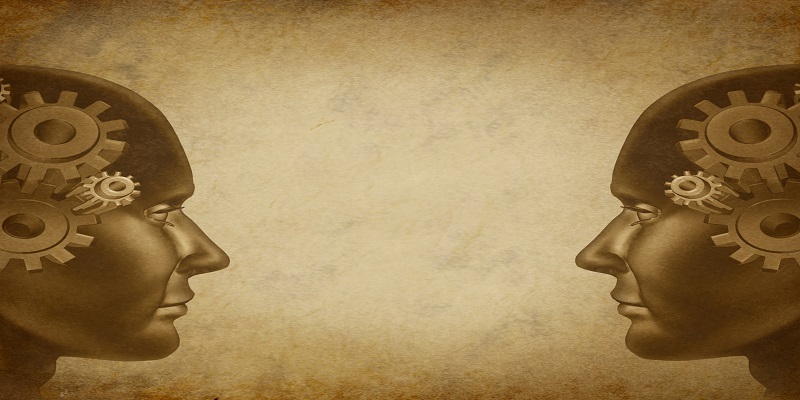Why Focusing on Conflict “Resolution” Hinders Innovation

Most conflict management theories and training courses are focused on resolving rather than actually managing conflicts. The focus on “resolution” contains a dangerous assumption: that disagreements and conflicts are “a problem”. Most of the times, this assumption is incorrect: disagreements are excellent opportunities to collectively learn and innovate. Yet, it is not easy to acquire the skills necessary to transform disagreements and conflicts in learning dialogues and positive change.
We tend to think of disagreements and conflicts in negative terms as if they were something that we could do without and that we would like to avoid at all costs. We tend to picture them as fights and our stomach churns. But it needs not be so. There are some extremely useful, healthy and constructive disagreements and conflicts that lead to collective learning, identification of innovative ideas and even improved relationships.
Let’s not forget that the birthplace of all conflicts is our diversity; as human beings, we are both attracted by the “new and different” and at the same time genetically programmed to be suspicious about it. It is in this “emotional limbo” between attraction and resistance towards “the different” that disagreements and clashes often take form; at the same time, it is exactly our difference that can open the door to mutual learning and co-creation.
Traditional Conflict Resolution or Conflict Prevention Strategies originate from an underlying assumption that disagreements and conflicts are generally undesirable.
Now, it is certainly useful to learn how to apply smart techniques and strategies that help contain, swiftly resolve, or prevent the most unproductive disagreements and conflicts. Yet resorting to these techniques and strategies is better left for exceptional cases involving critical urgency, ethical/legal compliance or other threatening situations that justify a break in dialogue.
When we wish to retain employees’ engagement as well as foster a culture of exchange and mutual learning, we may look at disagreement, even conflicts, with different eyes. Much research and real-life examples point at a different role of our workplace clashes: generating innovation requires that we stop resolving and removing all differences; it requires that we rather dig into differences, that we actually encourage disagreement and look deeper into the other views, in order to uncover new insights; it requires that we challenge the status quo and defy usual logic; it requires that we move away from the safety of execution planning and whether the uncertainties and ambiguities of the collective creative chaos.
Unfortunately, not many executives and managers are equipped with proper training to do all this. Transforming conflicts into co-creation and positive change requires a new set of leadership skills, specifically: Mindful Clarity (= free from assumptions and rumination), Emotional Management (to respond rather than to instinctively react), Powerful Listening Skills (to engage everybody in a productive learning dialogue), Confidence to Drive Alignment before Agreement (purpose-based strategy before planning), and Courage to Manage the Ambiguity of the co-creation process.




